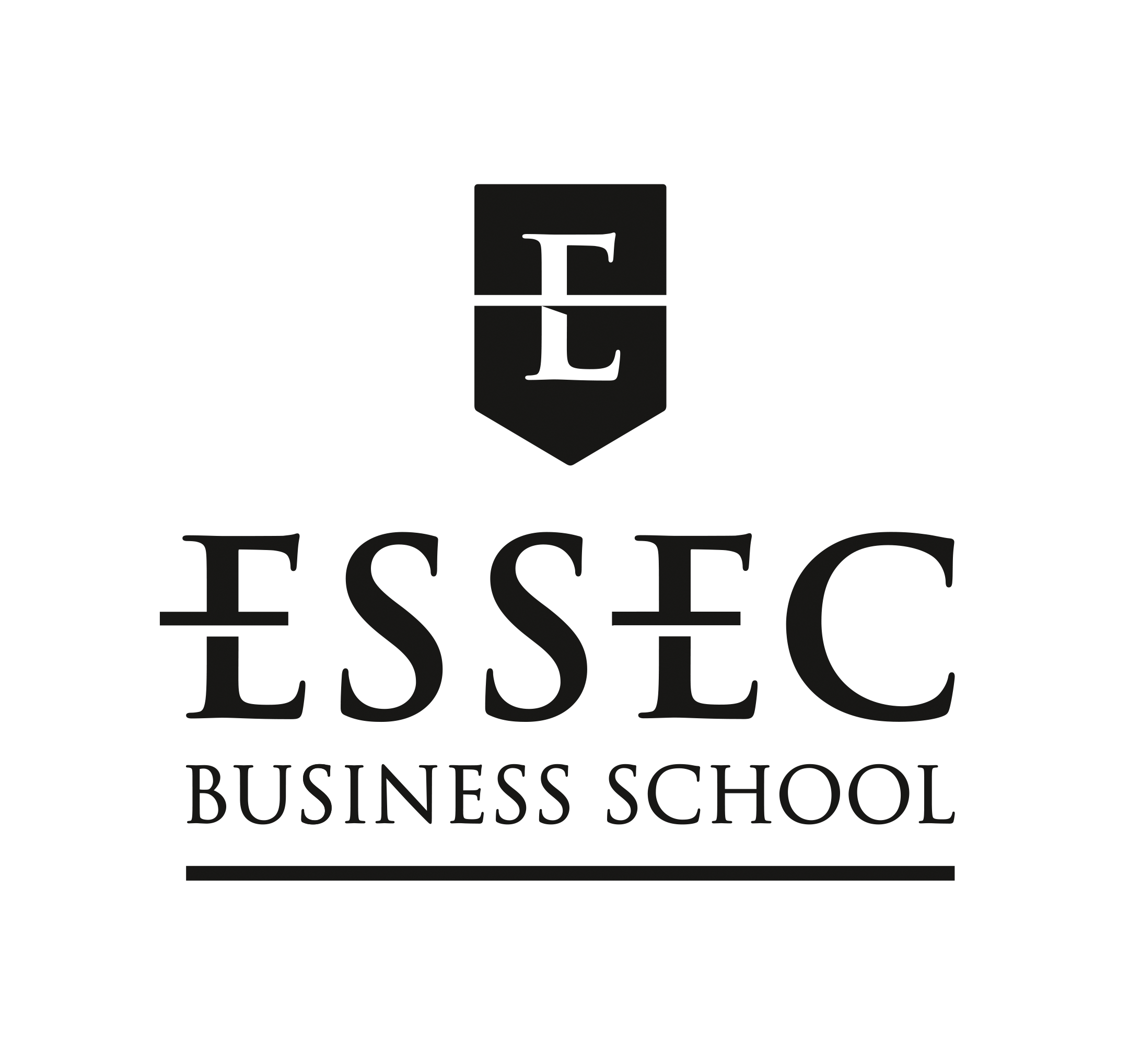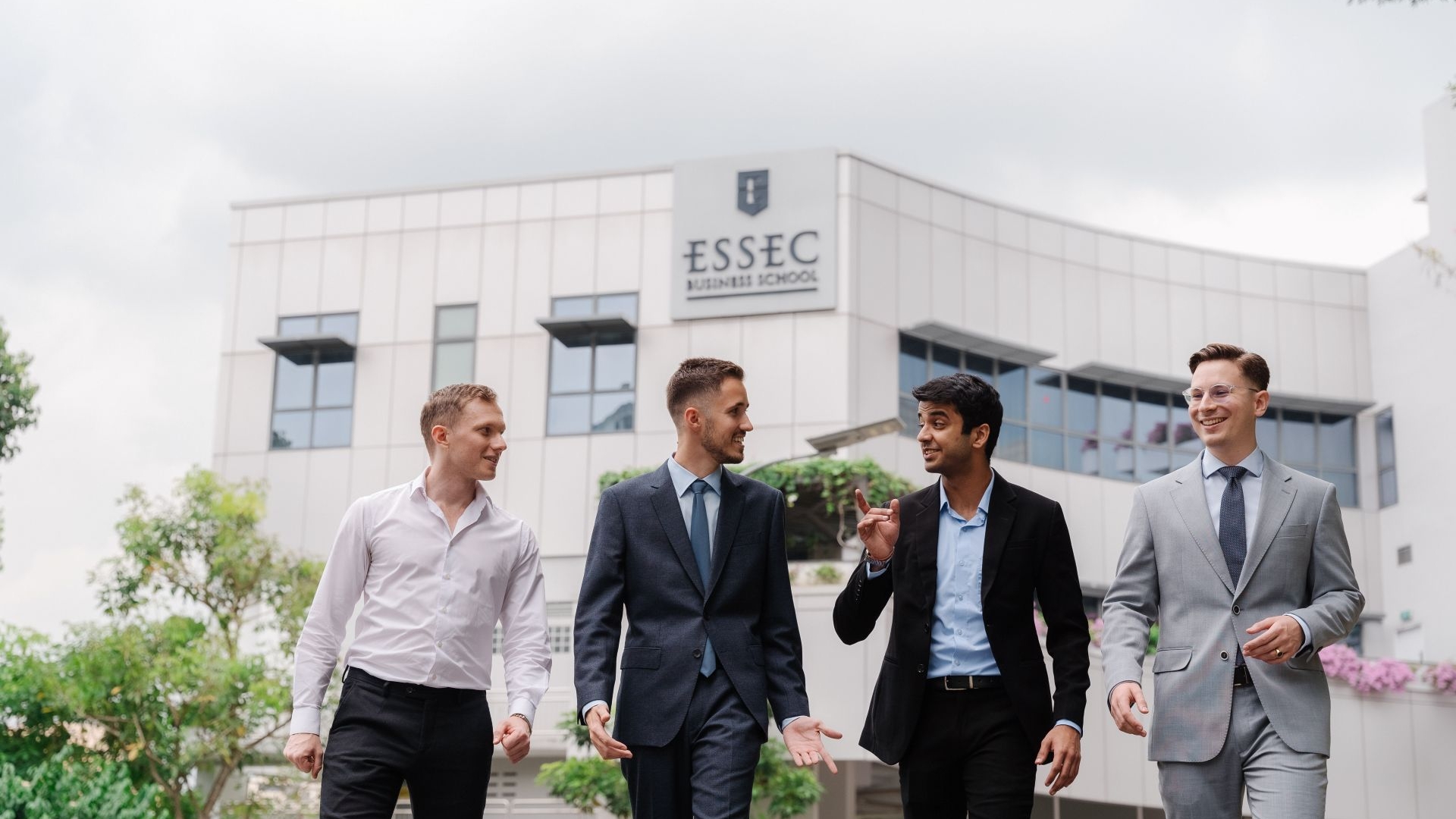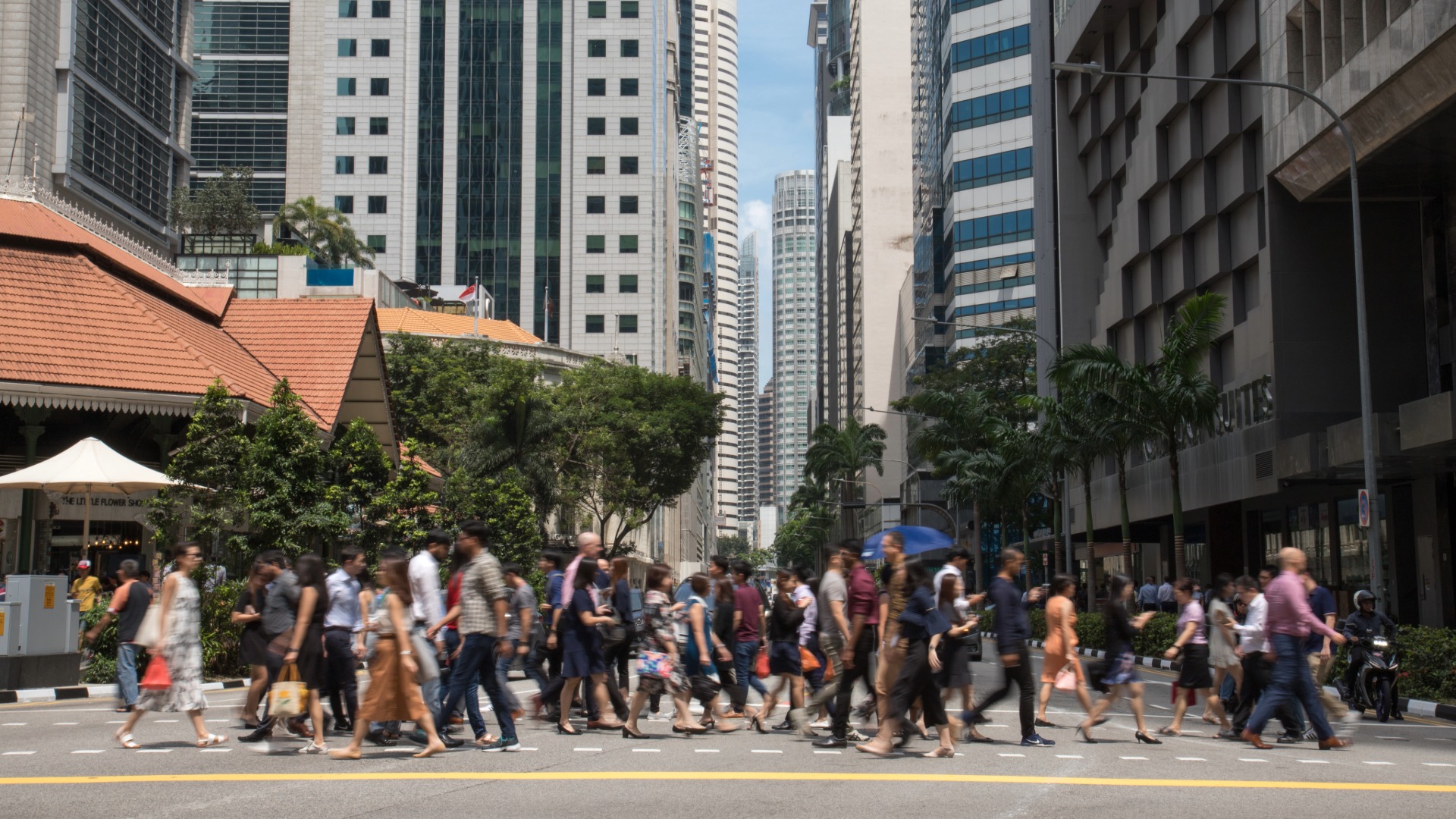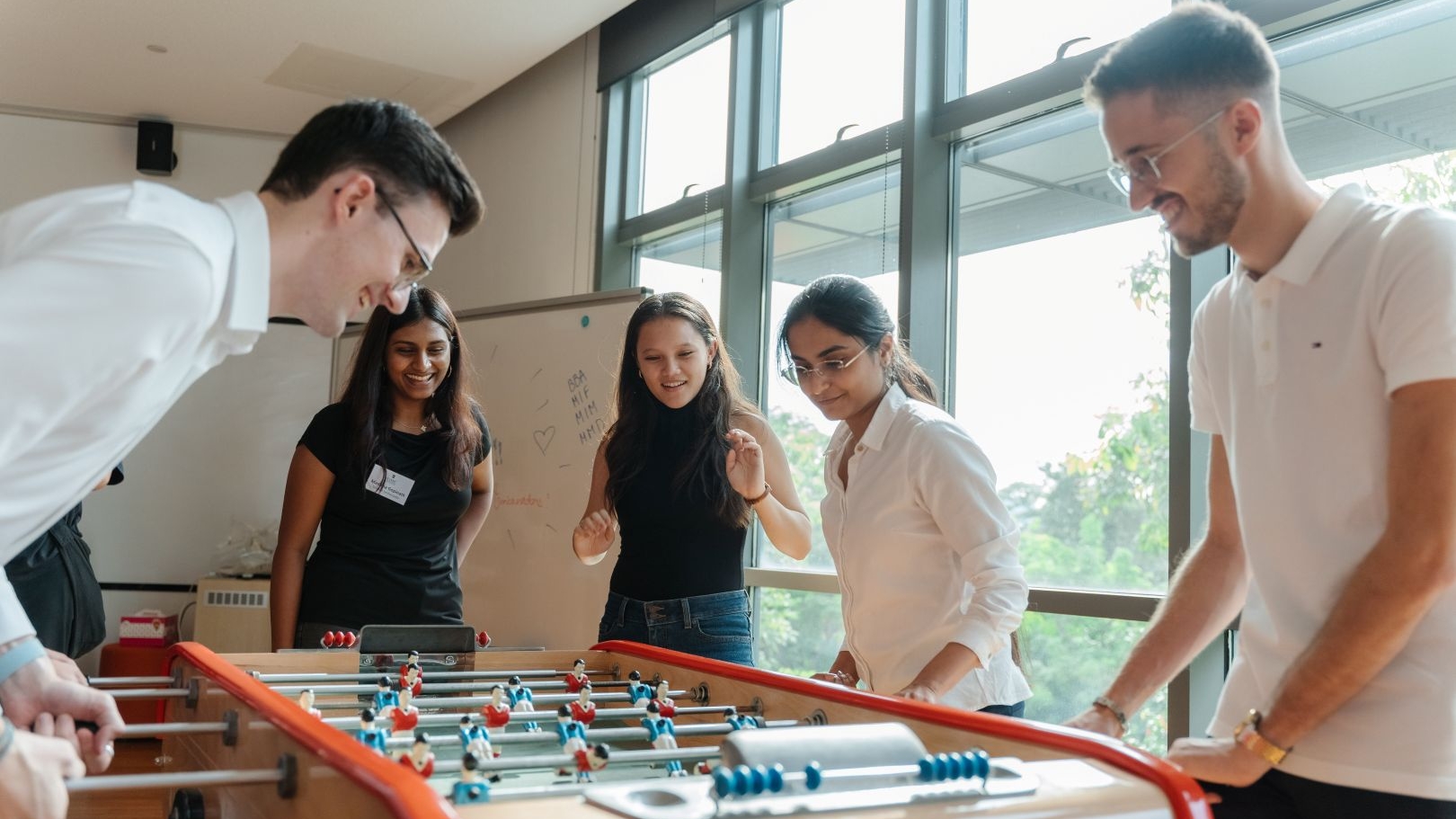- Asia’s rising importance in the global economy impacts businesses in Europe.
- ESSEC Asia-Pacific enables students to develop a global portfolio and gain valuable insights about Asia.
- The close community at the Singapore campus makes adapting to a new country easy.
The Asian Century is upon us. Based on a study by McKinsey and Company, in 2019, 210 of the world’s biggest 500 companies based on revenue and 119 of the world’s unicorns were Asian. The economic fulcrum of trade is tipping towards the region, and by 2040, it is estimated that Asia will account for over 50 percent of global GDP.
Undoubtedly, Asia’s impact on the world is far-reaching, spanning both industries and countries.
“Yet, some European students may still see Asia as too distant from the European market and their home countries,” ESSEC Master in Management (MiM) student Guillaume De Brito muses.
As someone who made the trek from his hometown in France to the ESSEC Asia-Pacific campus in Singapore for a semester, he has found that this is not the case.
“Singapore allowed me to approach technology with a new perspective, one that is different from my European colleagues,” he shares, adding that this perspective helped him score his internship as an M&A Analyst at global tech investment bank Drake Star.
“Having international experience on my CV differentiated me from my peers, and chatting about my experiences in Asia really helped me break the ice during my interview,” he explains.
Fellow MiM student Melanie Ly, who secured a consulting apprenticeship at Accenture Health & Public Services in Paris, has a similar experience.
“Being at ESSEC Asia-Pacific allowed me to understand the challenges Asian businesses face. This 360-degree perspective was helpful in my job interviews,” she testifies.
Immerse in the World of Asian Business
Melanie credits her understanding of Asia to the range of courses and programs exclusively available to the ESSEC Asia-Pacific students—the most memorable was the Junior Consultant Experience (JCE).
Over three months, Melanie worked with Accor Hotels, services, and payments platform Edenred, and even an NGO, Dignity in Malaysia, to solve each company’s pressing business problems—in the process, learning more about how business in Asia is conducted.
“The JCE is a real consulting job,” Guillaume emphasizes, noting that the real-world context made it a particularly relevant training ground for students to develop their professional skills.
In fact, he personally found that besides boosting his resume, the experience also gave him the confidence to start and lead his own associations within ESSEC—A blockchain and Web 3.0 focused club called Wen Moon, and a wine tasting association, DiWine—both of which are stellar additions to his portfolio.
Initiation to the Intimate ESSEC Asia-Pacific Family
Having spent time at both ESSEC’s Singapore and Cergy campuses, Melanie observes that a key benefit of the former is its intimate campus size.
“For one thing, it’s easier to take classes that are hard to bid for at the French campus,” she jests.
On a more serious note, though, she adds that the smaller cohort size added to the quality of the ESSEC experience. For example, she was able to meet and build close relationships with people both within and outside of the MiM program.
In addition, she says: “I felt the ESSEC team at the Asia-Pacific campus knew us all individually and cared for all the students like we are family. They were happy to advise and mentor us whenever we needed it!”
Discovering a Home Away From Home
This closeness is partly why, although Guillaume empathizes with the concerns one may have about moving across the world—but believes that the experience is worth it.
His fears about adapting to a new country were eased by the island state’s high levels of safety and ease of connectivity. He also immersed himself in an environment of like-minded people who challenged, inspired, and encouraged him to improve.
Diversity on campus taught volumes about different languages, cultures, and world views, and Singapore’s connectivity to the region allowed him to travel and build lasting memories. Through it all, like Melanie, he found that “Classmates will become friends, and friends will become family—ESSEC Singapore is a real family.”
“When you come to ESSEC Asia-Pacific, you gain more than an academic journey; you also receive an unforgettable life experience,” he declared.
Melanie concurs. Understanding the Asian Century aside, being in Asia has allowed her something more important: To grow both as a person and professional.
“My advice is not to be afraid to take a leap out of your comfort zone because even a small step in the right direction can bring huge progress in your life,” she concludes.
RELATED POSTS
Stepping Out Of Your Comfort Zone: Why It Matters At Business School
How embracing new challenges accelerates personal and professional growth.
From Singapore to the World: Navigating Your Global Career Path
Beyond a degree, ESSEC Asia-Pacific is your launchpad for a truly global career, equipping you with a powerful international network of 71,000 alumni…
How ESSEC Asia-Pacific Builds A Sense Of Community
From orientation to cultural nights — how students feel supported and included.
Making Friends Across Cultures: Lessons From A Diverse Classroom
Stories and tips on navigating intercultural friendships at ESSEC Asia-Pacific.
Your Global Network Starts Now: Why ESSEC Friendships Matter
Beyond the classroom, discover how ESSEC Asia-Pacific cultivates a strong sense of belonging and community for international students, leading to…
How Studying In Asia Changed My Worldview
Reflections from an ESSEC Asia-Pacific international student.
